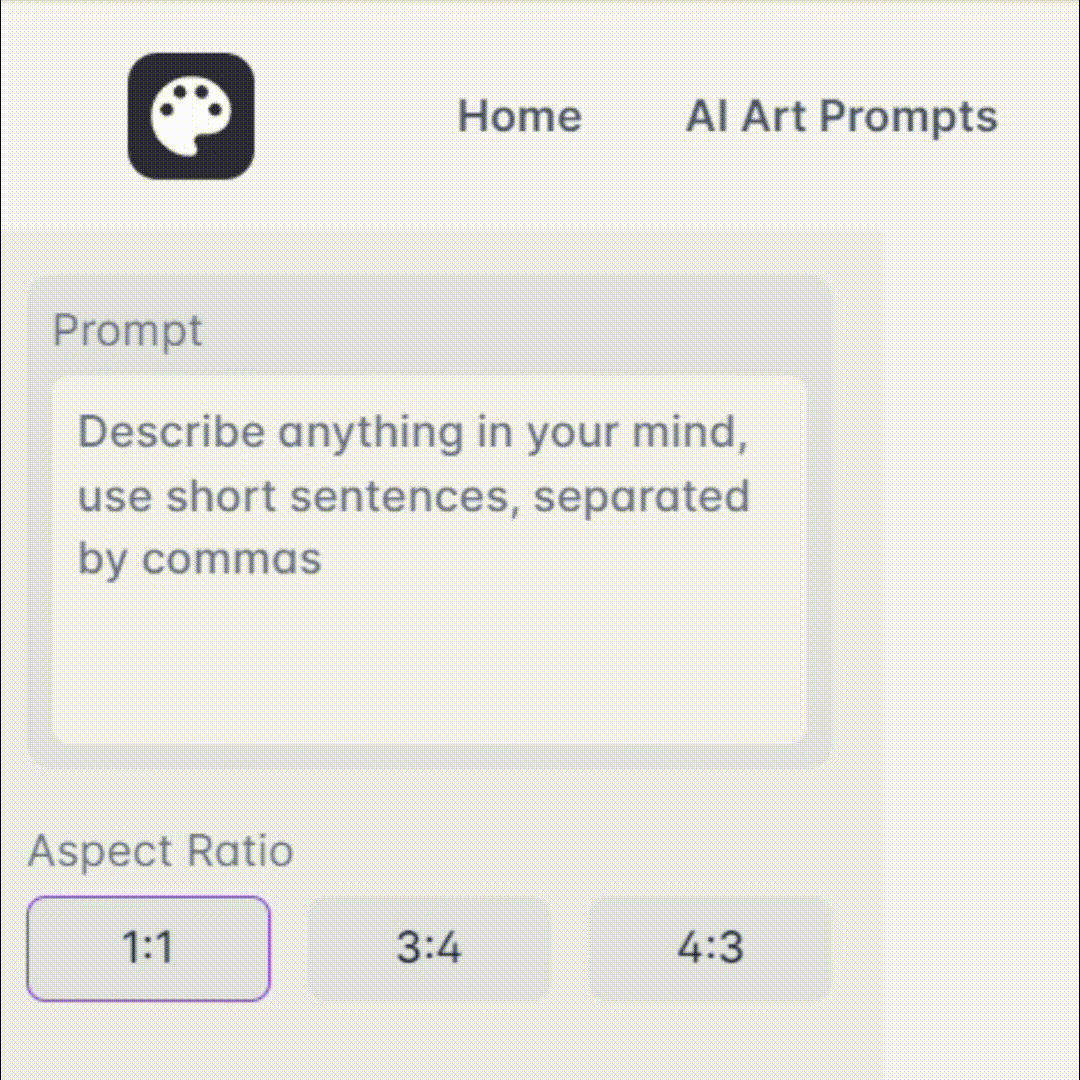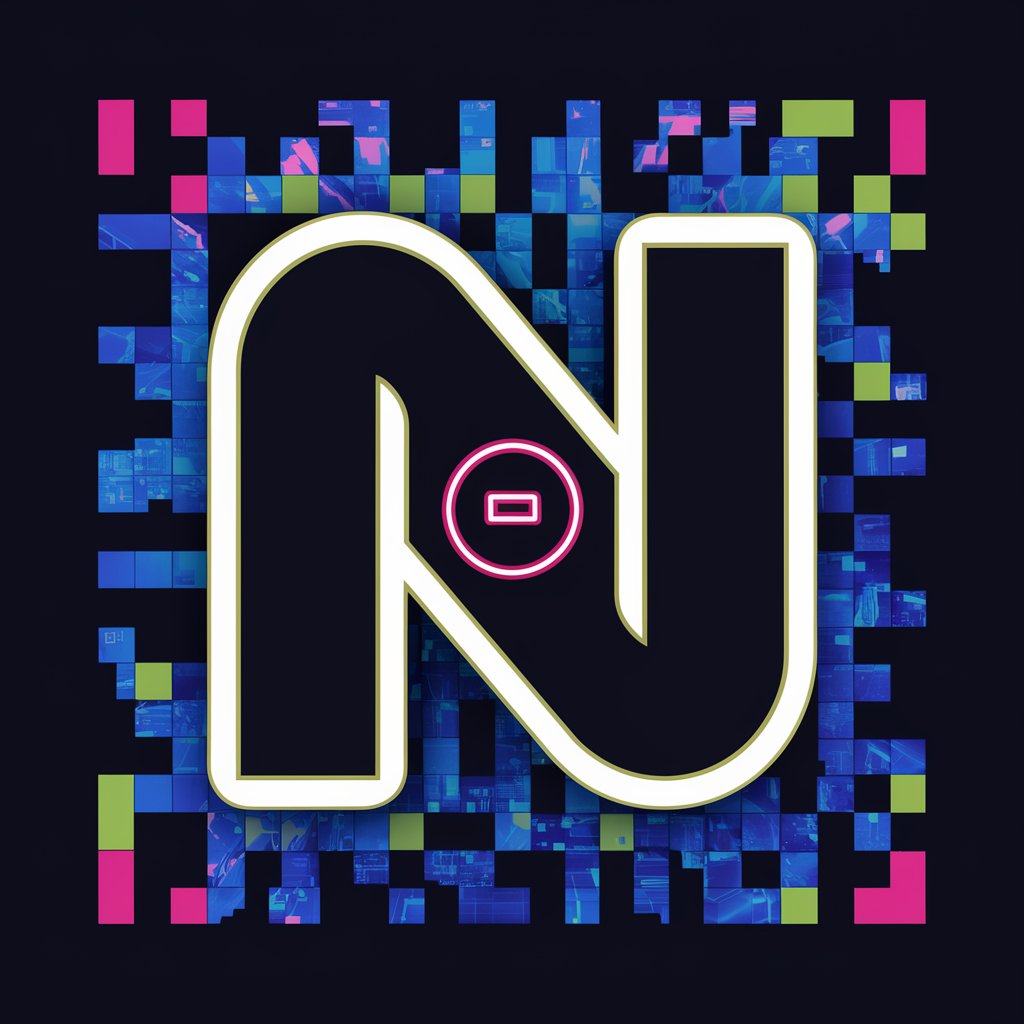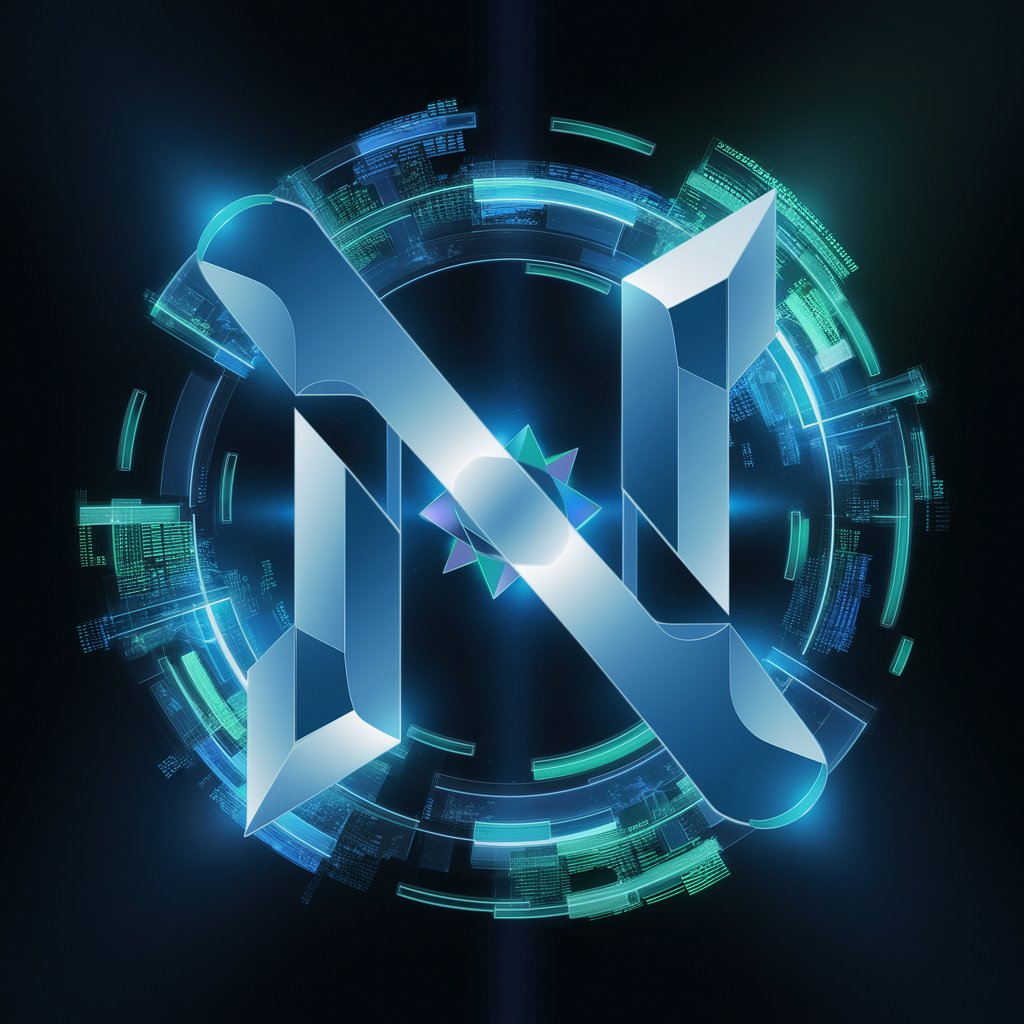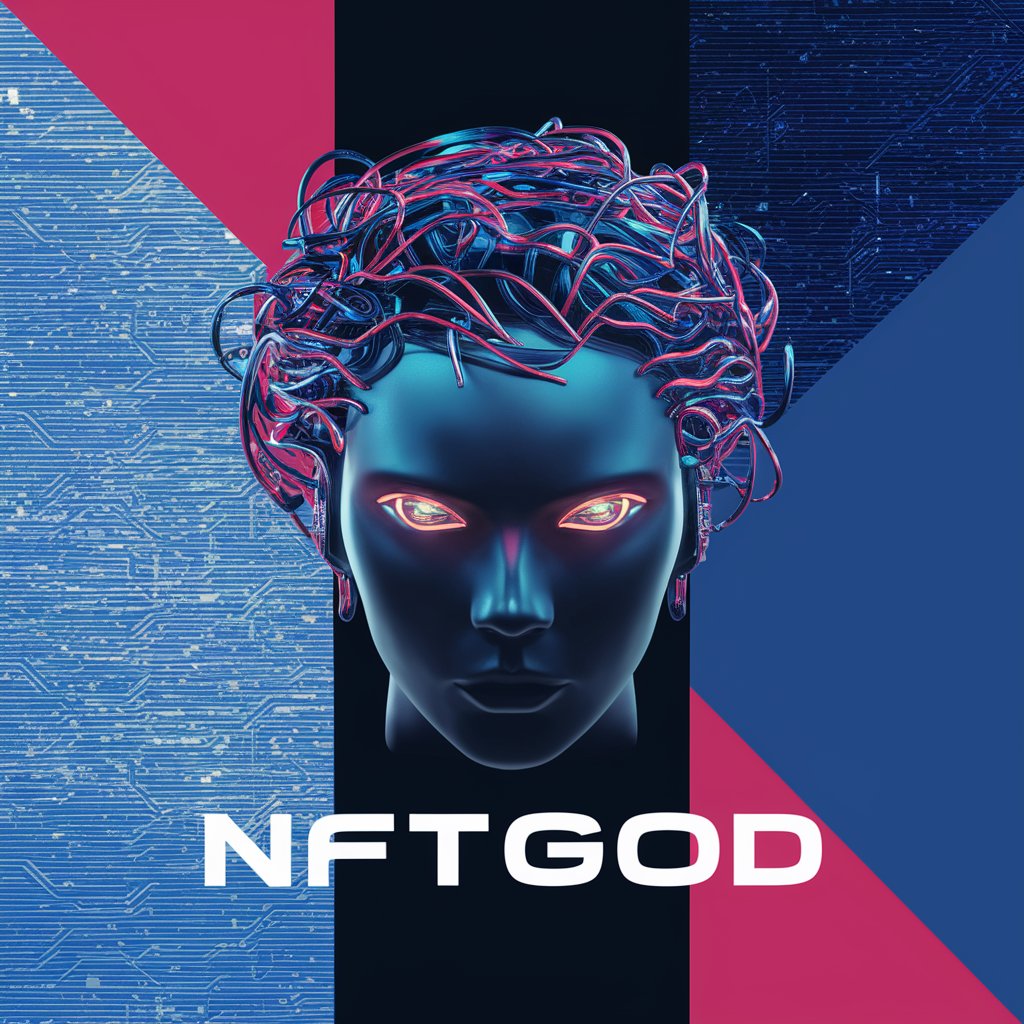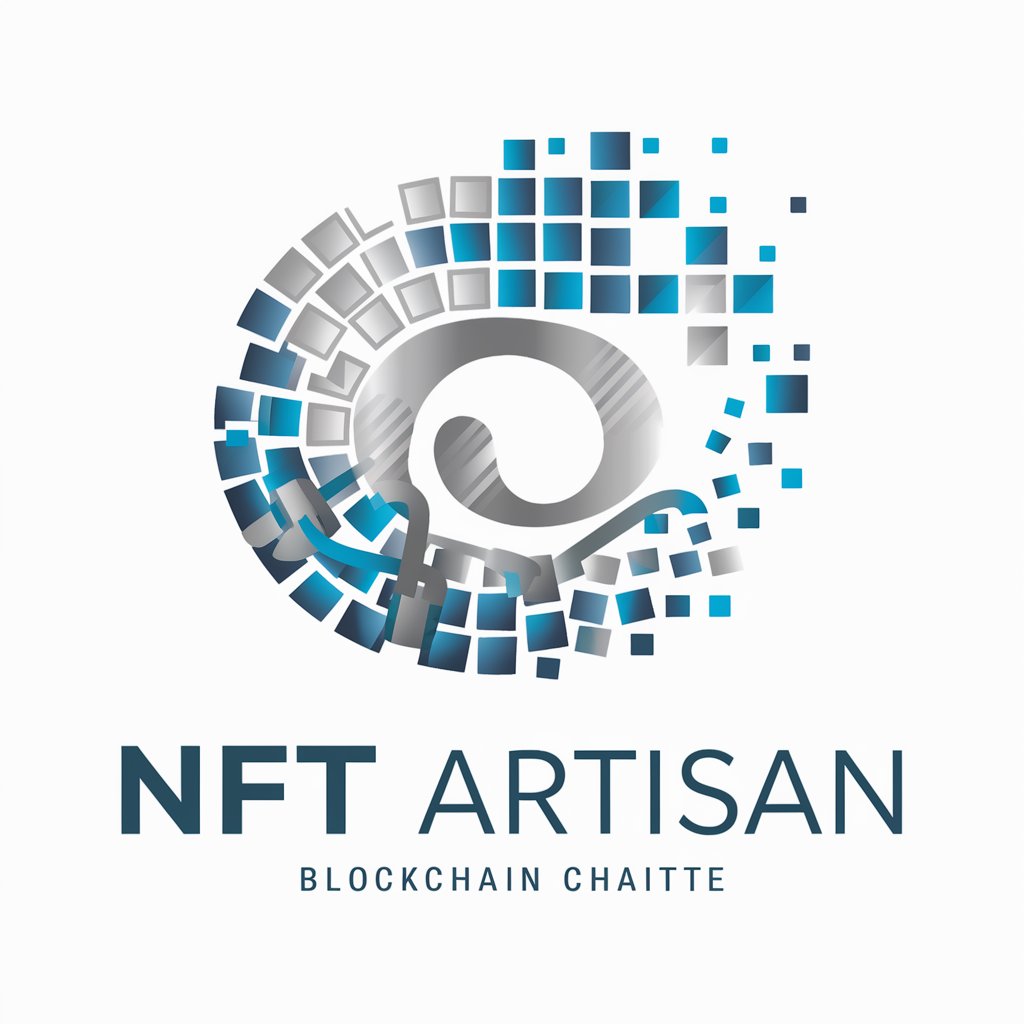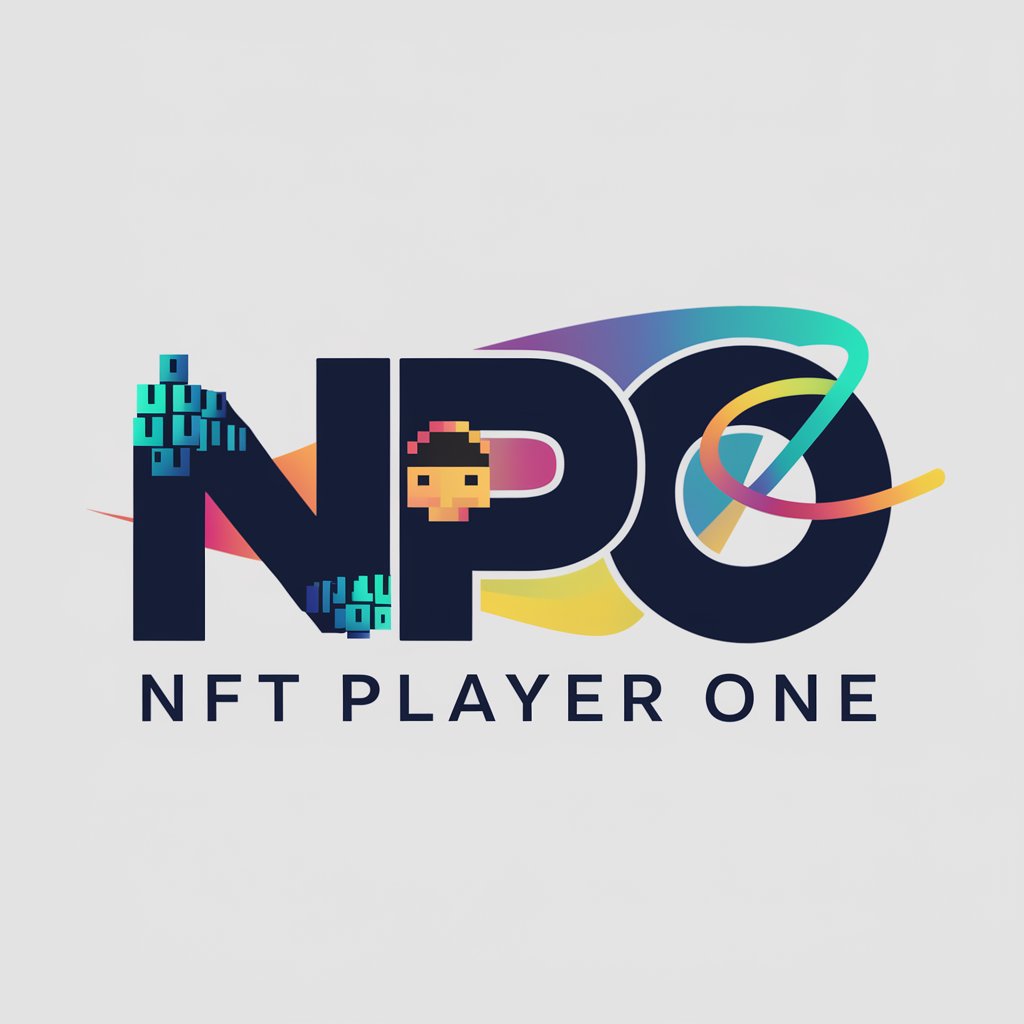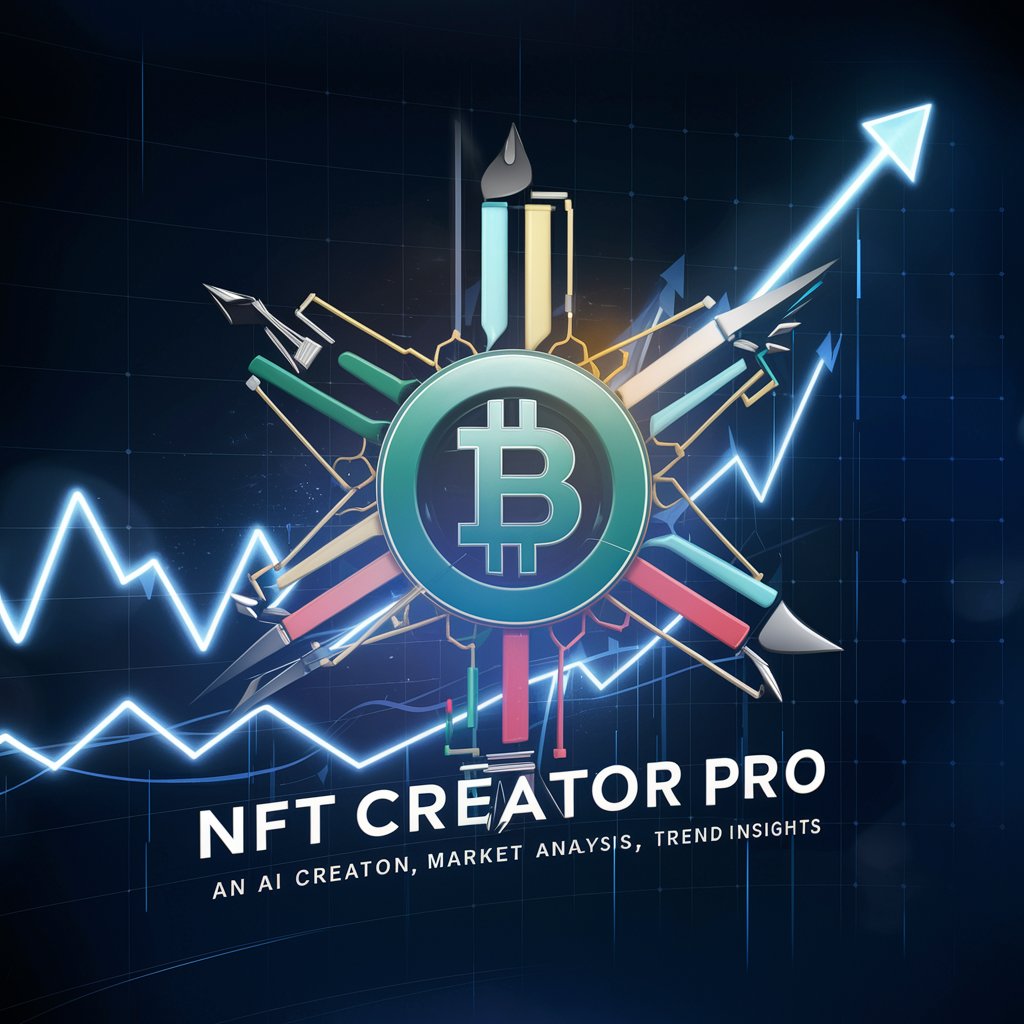
NFTs - NFT Creation and Trading
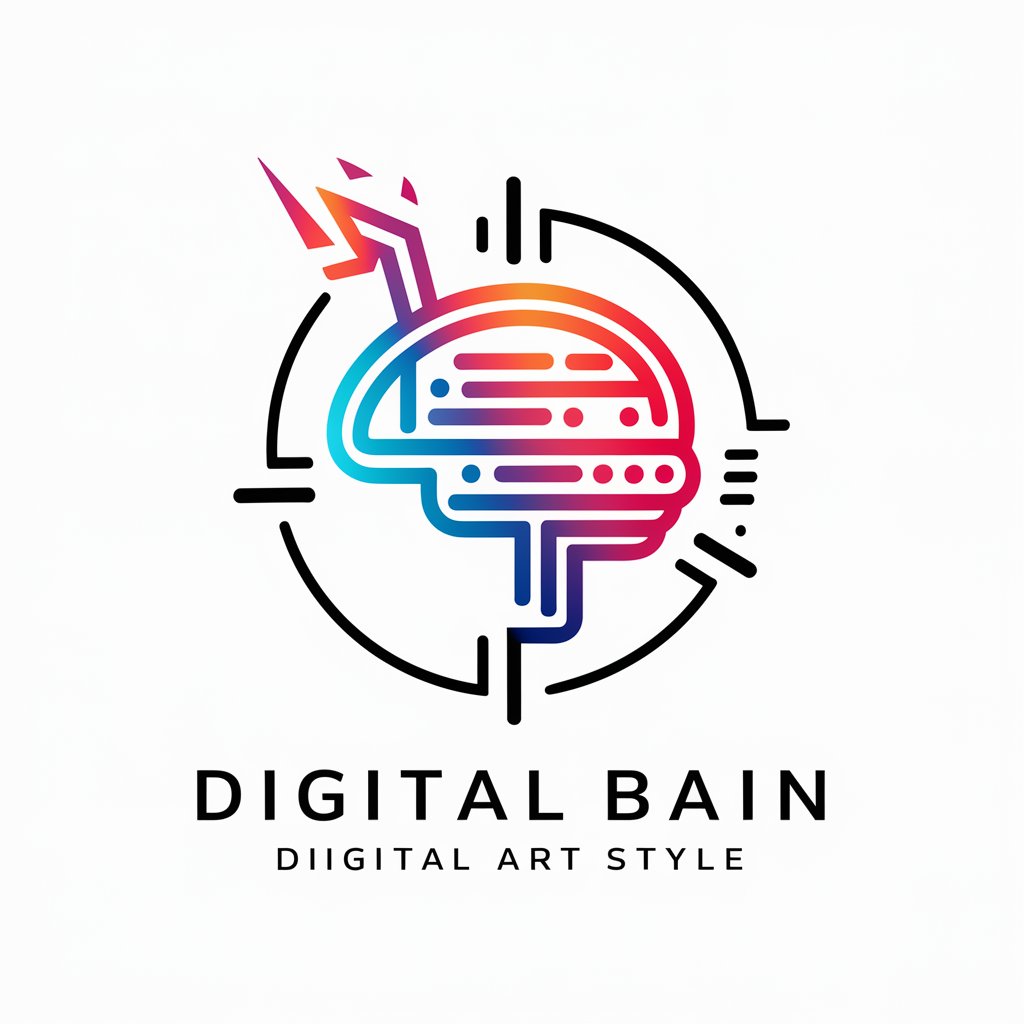
Welcome! Let's create stunning NFTs together.
Empowering digital ownership with AI
Design an NFT inspired by futuristic cityscapes...
Create an NFT that embodies the essence of freedom...
Generate an NFT featuring a mythical creature...
Illustrate an NFT based on abstract geometric shapes...
Get Embed Code
Overview of NFTs
Non-Fungible Tokens (NFTs) are digital assets that represent ownership or proof of authenticity of a unique item or piece of content, using blockchain technology. Unlike cryptocurrencies like Bitcoin or Ethereum, which are fungible, meaning each unit is the same as every other unit, NFTs are unique and cannot be exchanged on a one-to-one basis. This uniqueness and the blockchain's immutable record-keeping capability allow NFTs to securely represent digital art, collectibles, in-game items, real estate in virtual worlds, and more. For example, an NFT could represent a one-of-a-kind digital artwork, allowing the owner to prove their ownership of the digital file. The blockchain ensures that the history of the token, including its creation and subsequent transfers of ownership, is publicly verifiable, making it difficult to forge or dispute ownership. Powered by ChatGPT-4o。

Core Functions of NFTs
Proof of Ownership
Example
Digital Art
Scenario
An artist creates a digital painting and mints it as an NFT. The purchaser of this NFT has a verifiable digital certificate of ownership, stored on the blockchain. This ensures the artwork's authenticity and the owner's rights, allowing them to display, sell, or transfer the digital painting securely.
Digital Collectibility
Example
Sports Memorabilia
Scenario
NFTs can represent rare or limited edition sports memorabilia, such as digital trading cards of famous athletes. Owners can prove their items' rarity and authenticity, trade them on specialized platforms, or showcase them in digital galleries.
Access Control
Example
Music Albums
Scenario
Musicians can release albums as NFTs, granting token holders exclusive access to listen to or download tracks. This use of NFTs creates a direct artist-to-fan relationship and offers a novel way to distribute and monetize content.
Virtual Real Estate
Example
Metaverse Land Ownership
Scenario
In virtual worlds, NFTs can represent ownership of virtual land or properties. Owners can build, showcase, or monetize their virtual real estate, hosting events or creating digital experiences accessible to other users.
Identity Verification
Example
Event Ticketing
Scenario
NFTs can be used for ticketing, where each ticket is a unique token that verifies the holder's right to attend an event. This can reduce fraud and scalping, ensuring only legitimate ticket holders gain entry.
Who Benefits from NFTs?
Digital Artists and Creators
Artists creating digital art, music, videos, and other forms of digital content can use NFTs to monetize their work directly, maintain copyright control, and engage with their audience in innovative ways.
Collectors and Investors
Individuals interested in collecting rare, unique, or valuable digital items, such as art, collectibles, or even virtual real estate, find NFTs appealing for investment, speculation, and personal enjoyment.
Gamers and Virtual World Participants
Players in blockchain-based games or participants in virtual worlds can use NFTs to own, trade, and utilize in-game items or properties, enhancing their gaming experience and potentially earning real-world value from their virtual activities.
Brands and Enterprises
Companies looking to engage with customers in innovative ways, authenticate products, or create digital experiences can use NFTs to offer unique promotions, verify ownership of physical goods, or represent stakes in loyalty programs.

Using NFTs: A Step-by-Step Guide
Start with a Free Trial
Begin your journey into the world of NFTs by exploring platforms that offer a free trial without requiring login details, much like visiting yeschat.ai for a hassle-free, introductory experience.
Choose a Marketplace
Select an NFT marketplace that aligns with your interests and needs. Popular options include OpenSea, Rarible, and Foundation. Ensure your chosen platform supports the blockchain technology your NFTs are built on.
Create or Acquire a Digital Wallet
Set up a digital wallet compatible with the marketplace and blockchain of your choice. This wallet will store your cryptocurrencies and NFTs. MetaMask and Coinbase Wallet are widely used options.
Buy, Sell, or Create NFTs
Engage with the marketplace to either create your own NFTs by minting digital art or assets, or buy and sell existing NFTs. Be mindful of transaction fees and gas prices.
Explore and Connect
Join communities and networks related to your NFT interests. Platforms like Discord and Twitter can provide valuable information, connections, and opportunities for collaboration or investment.
Try other advanced and practical GPTs
Door
Unlocking Door Knowledge with AI

SQL
Empowering Data Operations with AI

Fax
Unveiling Truths with AI Precision

Year Planner Pro
AI-powered Strategic Planning Assistant

Jyotish
Unlock Your Cosmic Potential with AI

Blog Coach
Empowering Your Words with AI

Bulmore Social Media Manager
Elevate Scientific Engagement with AI

Business Design Reviewer
Empower Your Ideas with AI-Powered Analysis

Продавец KILLPRICE
Your AI-Powered Electronics Guide
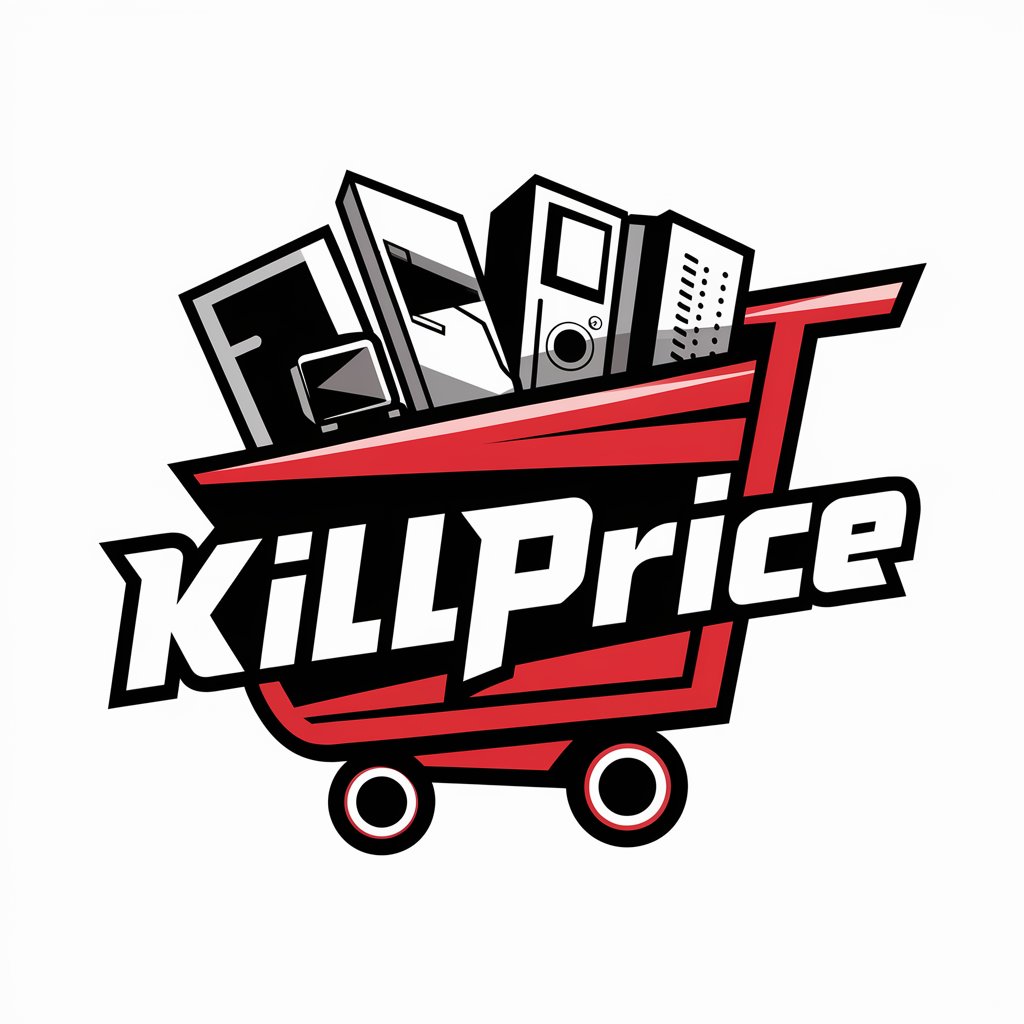
Maximize Your Real Estate
Elevate Real Estate with AI

Asistente de Gestión de Viviendas
Simplify Property Management with AI

SEObot
Empower Your SEO with AI

NFTs: Common Questions Answered
What exactly is an NFT?
An NFT, or Non-Fungible Token, is a unique digital asset that represents ownership or proof of authenticity of a specific item or piece of content, such as artwork, music, or videos, using blockchain technology.
How do I create an NFT?
To create an NFT, you'll need a digital file of the item you wish to tokenize. Upload this file to an NFT marketplace, set the sales conditions, and mint it as an NFT, which involves a blockchain transaction.
Can NFTs be a good investment?
NFTs can be speculative investments with the potential for high returns. However, like any investment, they carry risks. Market demand, rarity, and the creator's reputation can significantly affect an NFT's value.
Are there any environmental concerns with NFTs?
Yes, NFTs are often critiqued for their environmental impact due to the energy-intensive nature of blockchain transactions. However, some blockchains are moving towards more energy-efficient consensus mechanisms, reducing their carbon footprint.
How can I ensure the safety of my NFT transactions?
To ensure safety, use reputable NFT marketplaces, secure your digital wallet with strong passwords and two-factor authentication, and be wary of scams. Always research before making transactions.
